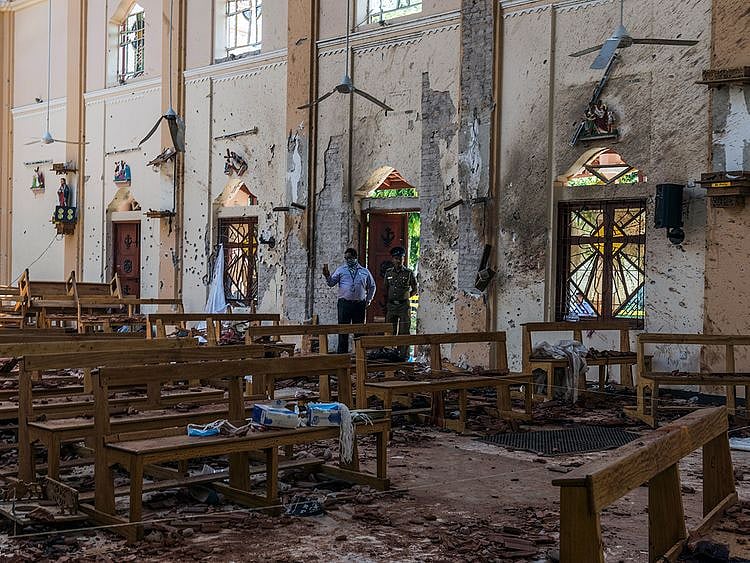POINT OF VIEW: Does the Campaign on Terror need a reboot?
There’s a need for a turbo-charged soft-power effort to win ‘hearts and minds’

Also In This Package
This Spring has witnessed a number of major terrorist atrocities, most recently the Easter bombings in Sri Lanka. While the global terrorism environment has been reshaped by the loss of Daesh’s former territories in the Middle East, the threat from terrorism is still clear and present which poses a major concern to international policymakers.
One of key challenges world leaders face is that there remains a key weakness in the ongoing global ‘campaign on terrorism’ which has been led by the United States since 9/11. That is, Washington’s response has been hyper-militarised — dominated by counter terrorism and security, while other soft power instruments such as public diplomacy have been underinvested in.
To be sure, even this unbalanced strategy has secured some key successes over the past two decades, including the unseating of the Taliban regime in Afghanistan, and the progressive degradation of Daesh positions in the Middle East too. Yet, an overwhelming emphasis on hard power has fuelled significant controversy, alienating many across the world. And this has been true not just under Donald Trump and George W. Bush, but also under Barack Obama too. For instance, under Obama there was a big increase in drone attacks and this is controversial both domestically and overseas, and he failed also to close Guantanamo Bay too despite pledges to the contrary.
One of the most glaring gaps in the campaign against terror that now badly needs to be addressed is the need for a turbo-charged soft-power effort to win ‘hearts and minds’ around the world. In numerous key states such as Jordan and Pakistan, opinion polls by outlets such as Pew Global show that positive sentiment toward the US have fallen off a cliff in the last two decades. The soft power road map for what is needed is relatively clear. Seizing the moment requires the United States and international partners to give much higher priority to activities such as public diplomacy, sustainable development assistance, and exchange programmes.
Numerous US officials have highlighted the gross mismatch between the current budgets of the Pentagon and other US international programmes. Today, for instance, Washington spends about 500 times more on its military than it does collectively on international broadcasting and exchanges which proved so successful during the Cold War. Of course, a holistic international plan to tackle violent extremism will inevitably have a military and counter-terrorism component. However, soft power needs to become a much bigger part of the overall mix.
Taken overall, especially after the recent atrocities in Sri Lanka, the US and its international partners must urgently address this Achilles heel in the campaign against terrorism. This will not just require a change in approach from US president Donald Trump, but also a sustained commitment for many years beyond his presidency by his successors and key domestic and international partners.
Andrew Hammond is an Associate at LSE IDEAS at the London School of Economics
Sign up for the Daily Briefing
Get the latest news and updates straight to your inbox
Network Links
GN StoreDownload our app
© Al Nisr Publishing LLC 2026. All rights reserved.